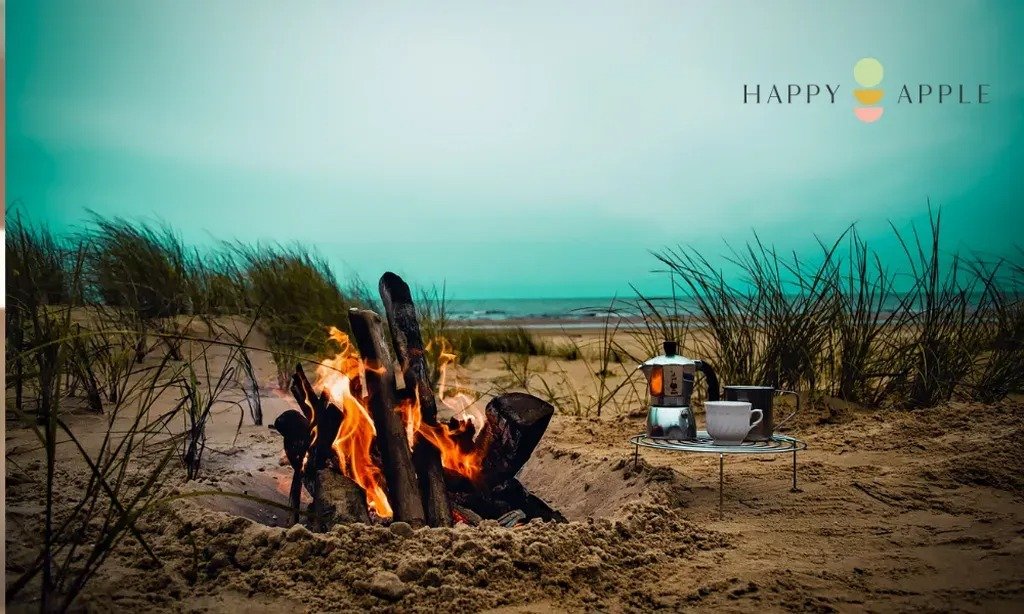Manhattan Therapist: Three Valuable Lessons We Learned From The Covid-19 Pandemic
Manhattan Therapist: Three Valuable Lessons We Learned From The Covid-19 Pandemic
The past months have been very difficult for people in our city, country, and the world.
The coronavirus has been an “equalizer” of sorts, in a sense that no part of the global community (except perhaps the farthest corners of the earth) has been unaffected in one way or another by this unprecedented health crisis.
We have felt fear, uncertainty, frustration, and maybe even anger at how significantly this invisible yet invasive enemy has altered our lives.
Considering the staggering number of infections and deaths, it is difficult to see anything even remotely positive about this pandemic.
But even the most difficult experiences yield important take-away messages.
Accepting powerlessness
Most of us have become accustomed to having some measure of control over our lives. But the pandemic and the various restrictions and measures that have been put in place to protect us, took away, or in the very least limited, that power to live how we want and to make our own decisions.
If anything, it has been a humbling and eye-opening experience to realize that we are not really masters of our destiny, but are dependent on external forces.
Dealing with the loss of comfort zone
Our daily routines have been pretty much disrupted since the beginning of the health crisis.
And many of the daily pleasures that we have taken for granted — a jog, a walk, seeing friends, a meal in a restaurant — have suddenly become out of reach.
For those of us set in our ways, these sudden changes have been difficult to come to terms with.
But if there’s a lesson to be learned here, it is that all of us need to become more flexible and open to whatever unexpected curveball life throws our way — because it has.
Fostering optimism
Yes, it is difficult to stay positive and upbeat when all around us people are falling ill and even dying.
And it is hard to maintain a bright outlook on life when even the medical and scientific community can’t tell us with any certainty how this disease will evolve in the future.
It is not a question of having unrealistic expectations, but of focusing on the knowledge that we do have right now: that other parts of the world that were ravaged by Covid-19, like most of Europe, have weathered the storm and resumed the nearly normal lives, so we will too. And that the vaccine, which health experts tell us will help curtail Covid-19, is being developed as we speak, and will likely be available next year.
Yes, we must be patient and resilient until that happens, but believing that “this too shall pass” will help us withstand the crisis.
As the Dalai Lama said, “Choose to be optimistic. It feels better.” And that too is a great take-home message, not just in this particular situation, but also during other crises that may come our way.
Have you thought about what lessons you have learned during this time?

